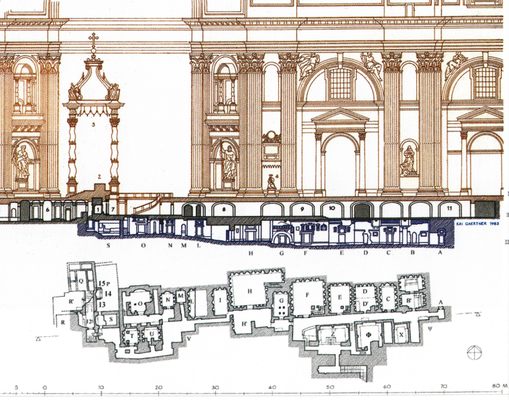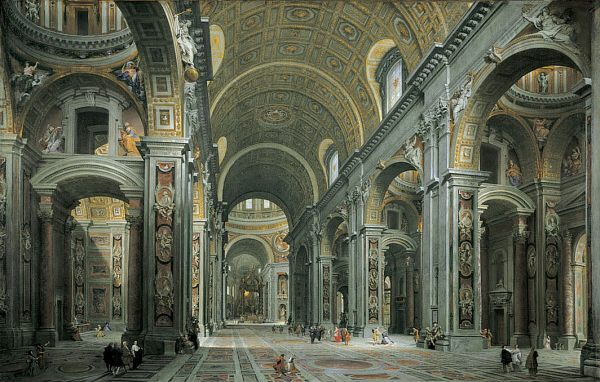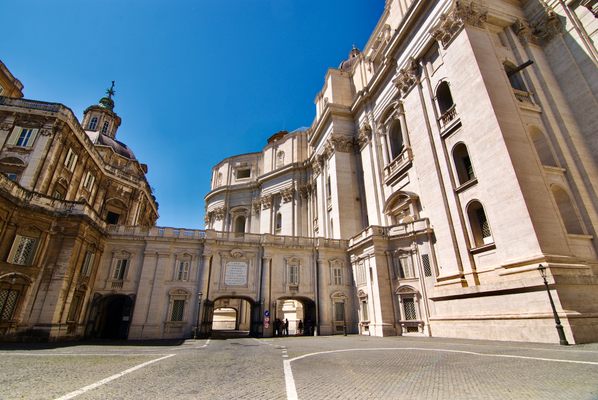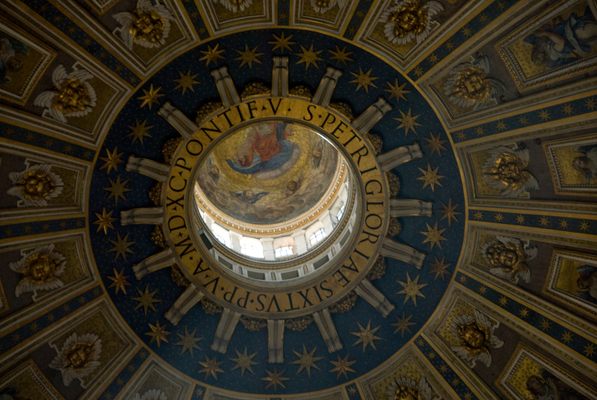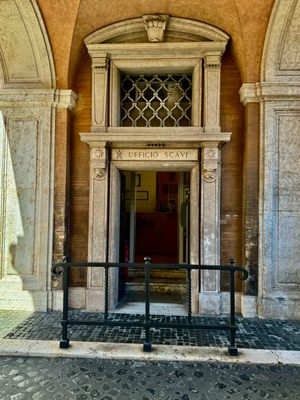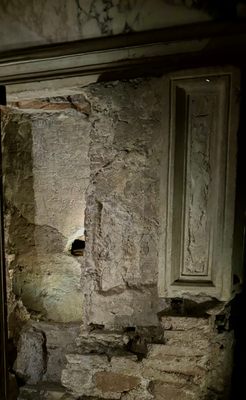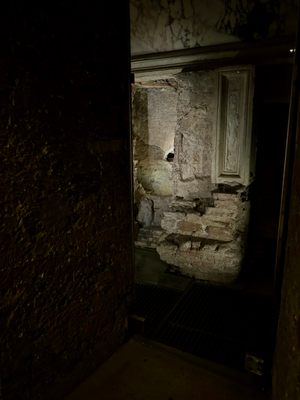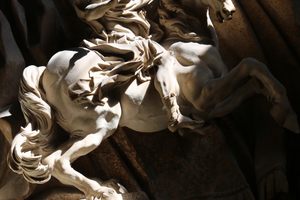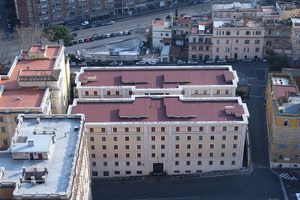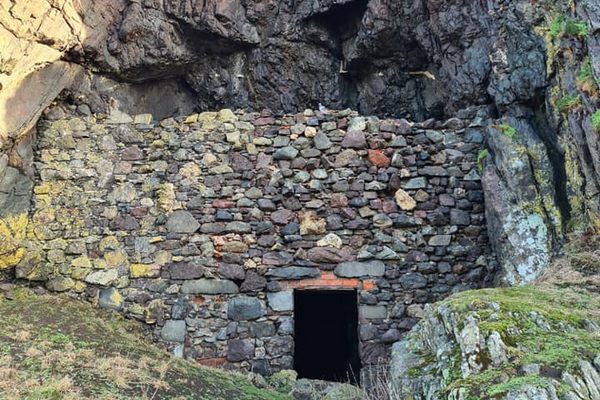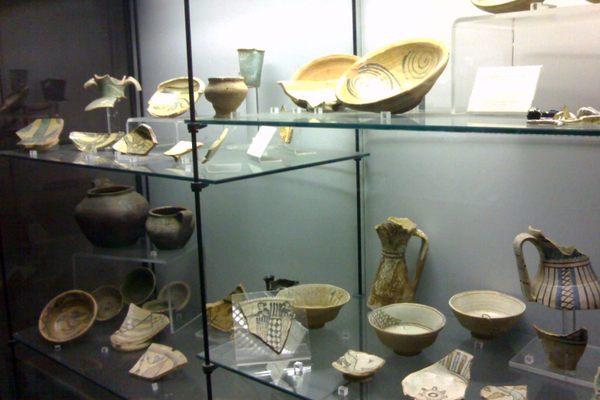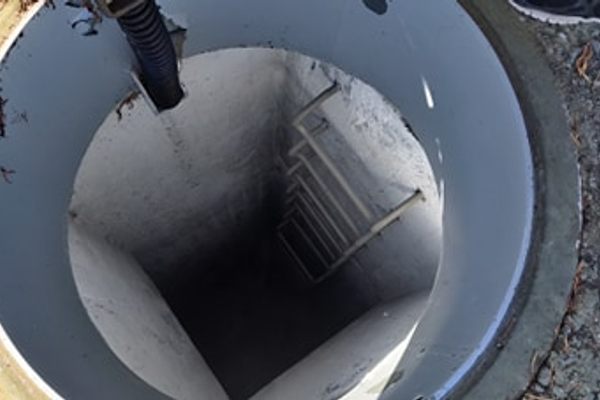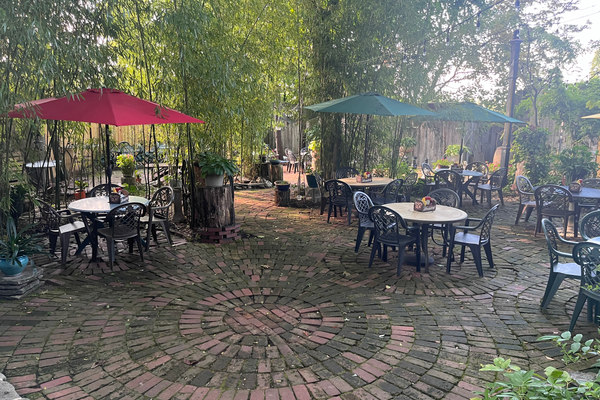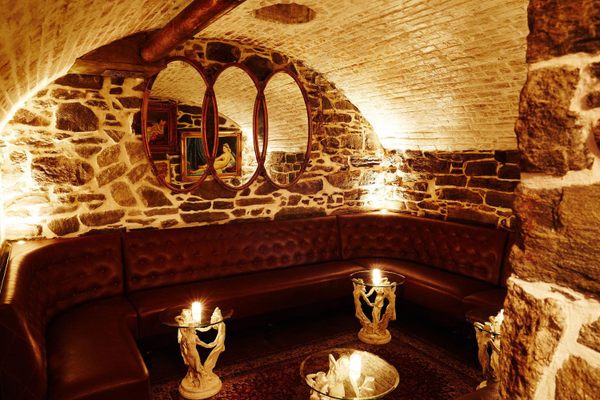About
St. Peter's Basilica is an astounding and massive wonder, filled with sculpture, art, frescoes, woodworking, reliquaries, and more. But not many people know that five stories beneath this architectural marvel lie ruins that date back to the founding of the Roman Empire.
If you stand near the altar at St. Peter's (it's the one with the enormous and incredible Bernini baldacchino under the central dome), you'll be looking at a point that is stacked upon 2,000 years of history, represented by the preserved artifacts of six different historical periods.
Upon entrance to the Scavi, or Vatican Necropolis, you are led down three levels to a 1st century AD Pagan burial ground with some small clay and stone repositories, above which is a 5th century Pagan and Christian combined burial ground with several medium-sized stone mausolea and some other ruins, which include a fractured piece of a large triumphal arch. Roughly speaking, these two levels and the periods during which they would have been used account for nearly 90% of the span of the Roman Empire (27 BC – 476 AD).
Between these levels and the next is a small earthen mound with a hole dug out of it, which is lit and lightly cordoned off, and contains what are said to be the bones of St. Peter himself, as well as the rock on which the original church was first built, in accordance with the edict found in Matthew 16:18-19 , "Tu es Petrus, et super hanc petram aedificabo Ecclesiam meam..." Two levels above this spot, this text is inscribed in a ring around the dome above in gold and blue frescoes, in letters roughly 20 feet tall, and the dome's central point is directly above.
The next level is a 12th century early Christian church, in the ceiling of which are actually grates up into the floor of the basilica, and the Papal grotto is within this labyrinth as well.
Related Tags
Know Before You Go
Visiting the necropolis can only be done through an advanced reservation. Requests must be made in writing and groups are limited to 12 people, all of which must be 15 years of age or over.
The excavation site can be quite hot even in winter as it is humidity-controlled to preserve the structures. Keep this in mind when choosing what to wear for the day, as you’ll likely want to dress in layers but will still need to comply with the dress code for visiting a holy site (shoulders covered, women in pants or skirts below the knee.)
The entrance is very difficult to find, walk around the outside of St Peter’s square. You’re looking for the Swiss Guard up the border path on the outside of The Vatican on the left side if you’re facing the Basilica steps, not the Swiss Guard posted at the Arco del Campane. You’ll need to have your papers printed and in hand to get through the security checkpoint.
Community Contributors
Added By
Edited By
Published
July 30, 2013

